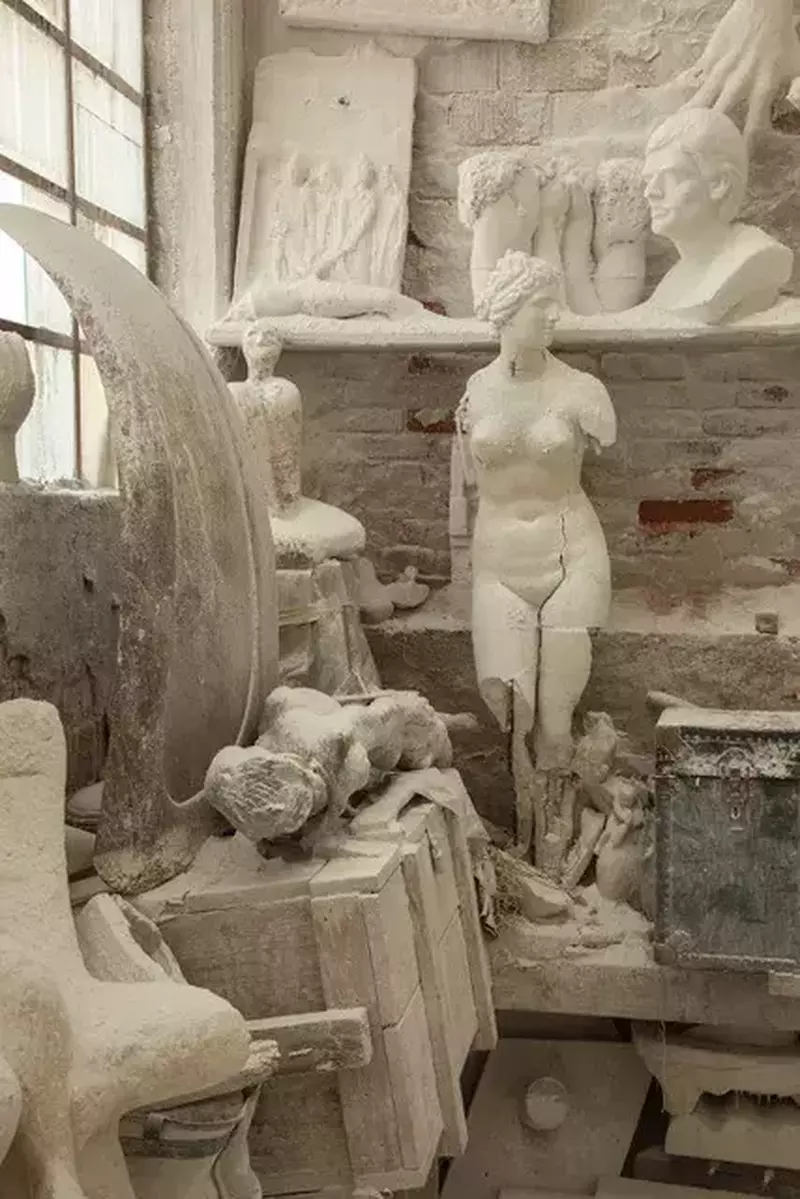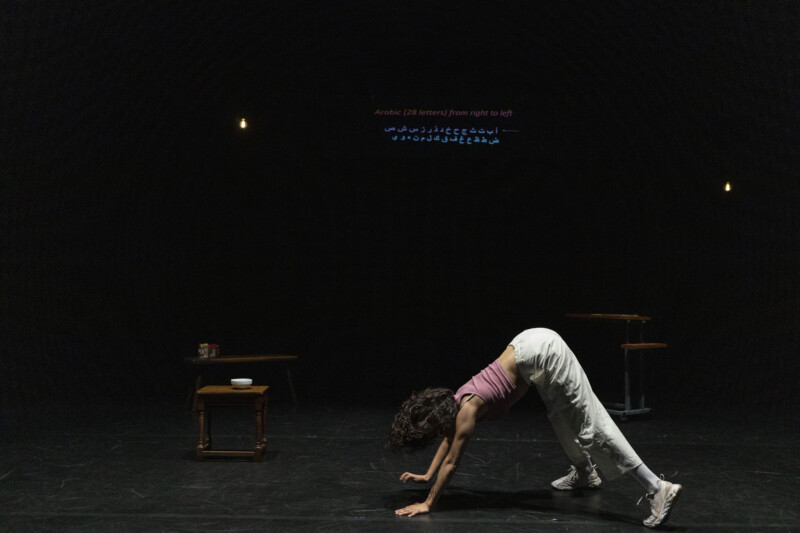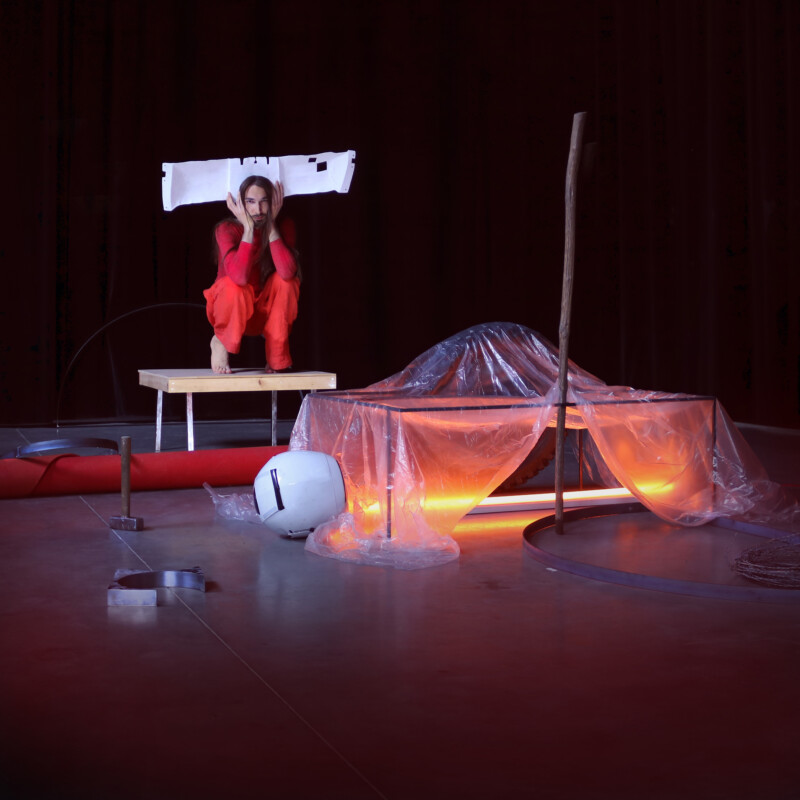Suor Angelica
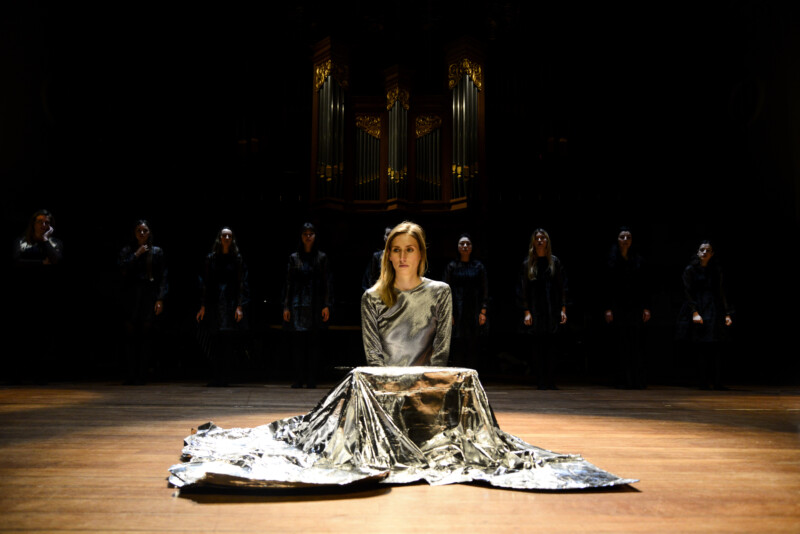
The singing class breathes a sigh of relief. At last they get to venture into an opera with all the trimmings. The highly appreciated productions of Stravinsky's Le Rossignol and Mavra are already two years behind us, so the students are ready to dive into equally solid repertoire: Suor Angelica by Giocomo Puccini.
The story takes place in a 17th-century nunnery, where the title character - Sister Angelica, that is - has been burdened with a secret for seven years. And you guessed it: that profane past surfaces one day. In that sense, she seems like the pious counterpart of that other well-known nun, the equally tormented Beatrice from the medieval legend of the same name. But that, of course, is another story.
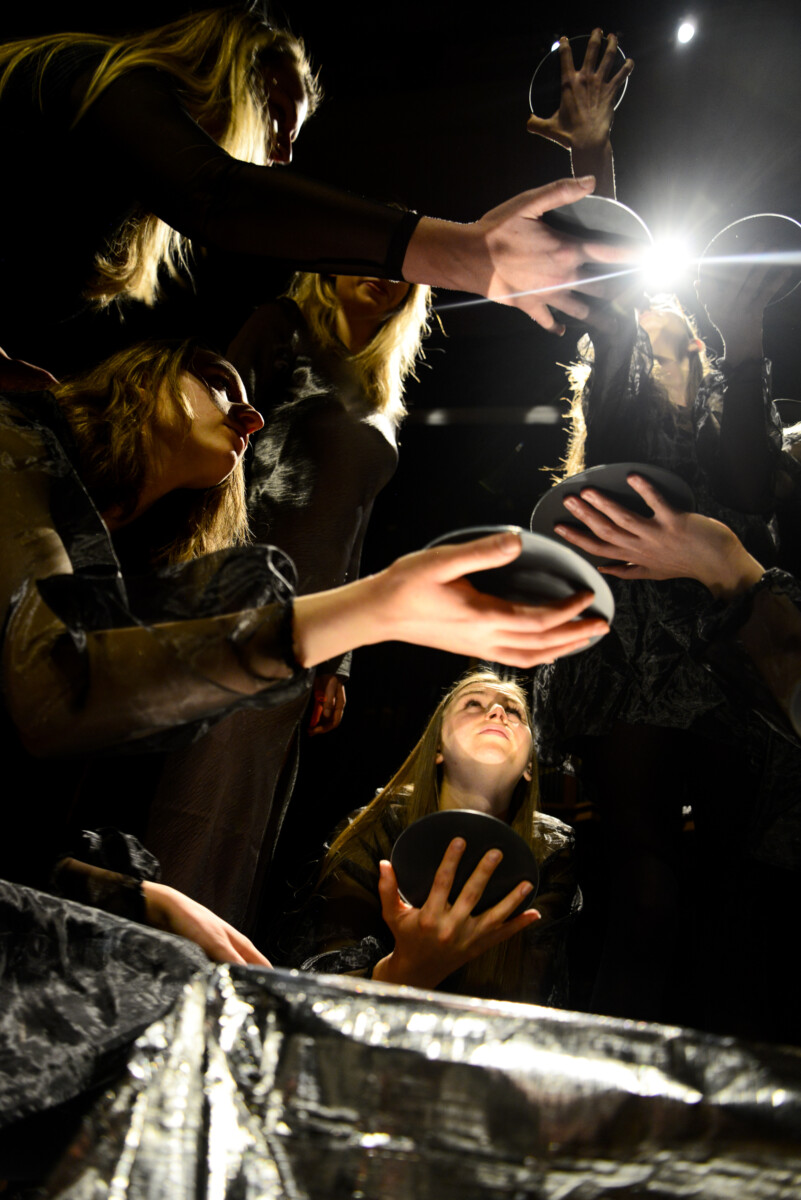
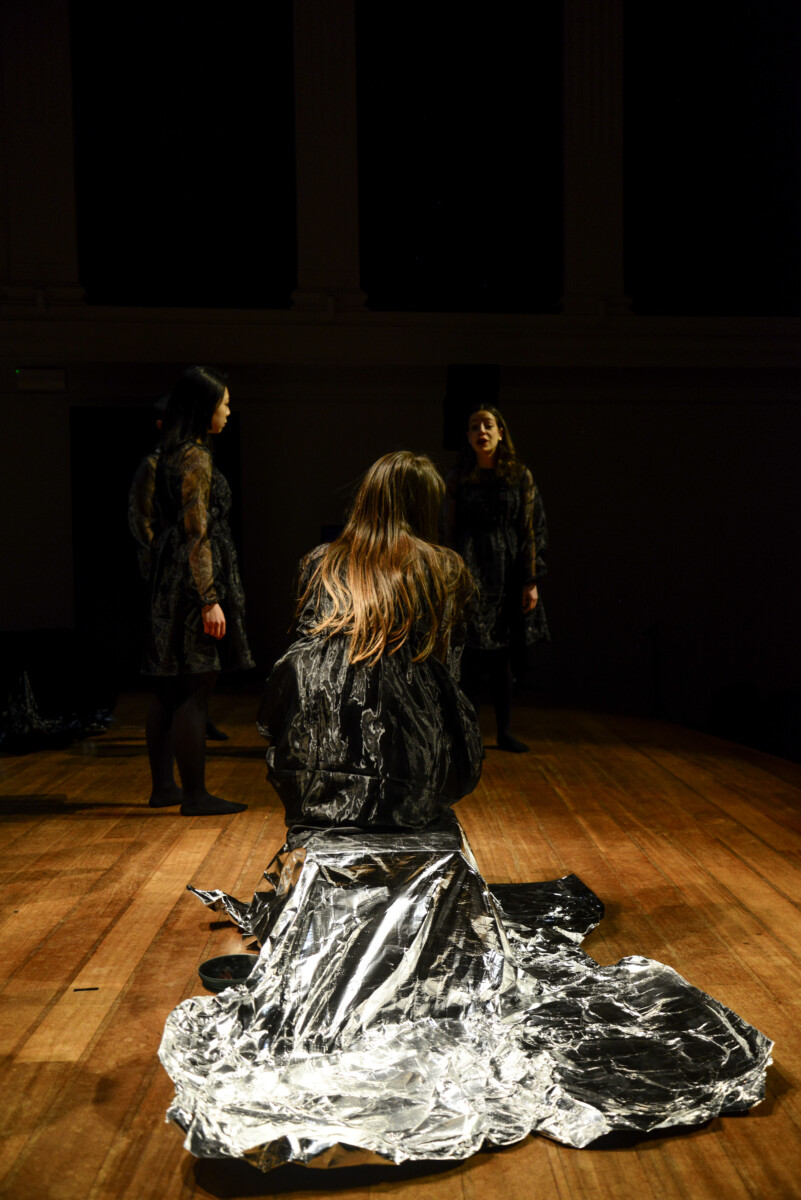
Habit nor pointed arch
‘Often the work is read rather classically with a lot of emphasis on the religious context,’ director Aïda Gabriëls argues. 'But if you dig deeper, you see in Sister Angelica a human being in the broadest sense of the word: full of desire and shame, struggling with her own destiny. Gabriëls calls the work tout court very emancipatory in nature: 'As a statement, Suor Angelica can count. For instance, the cast consists only of women. No pious stagehands, but a community of women made up of flesh and blood. The opera does not look away from their earthly desires. In contrast, it addresses the dysfunctionality of institutions. That makes it relevant even today. 'Guilt and shame are still deeply ingrained in us.
So don't look for habits and pointed arches. By liberating the scene from the traditionally monastic setting, Gabriëls aims to touch on the timelessness of the subject. Instead, she gets to work with light and dark. ‘In those shadows lie opportunities to explore certain human topics,’ says Gabriëls, ‘So it's not a direction of persons, but rather a landscape of people, who observe along and shape the whole together. Occasionally, that will even produce something very recognisable...’
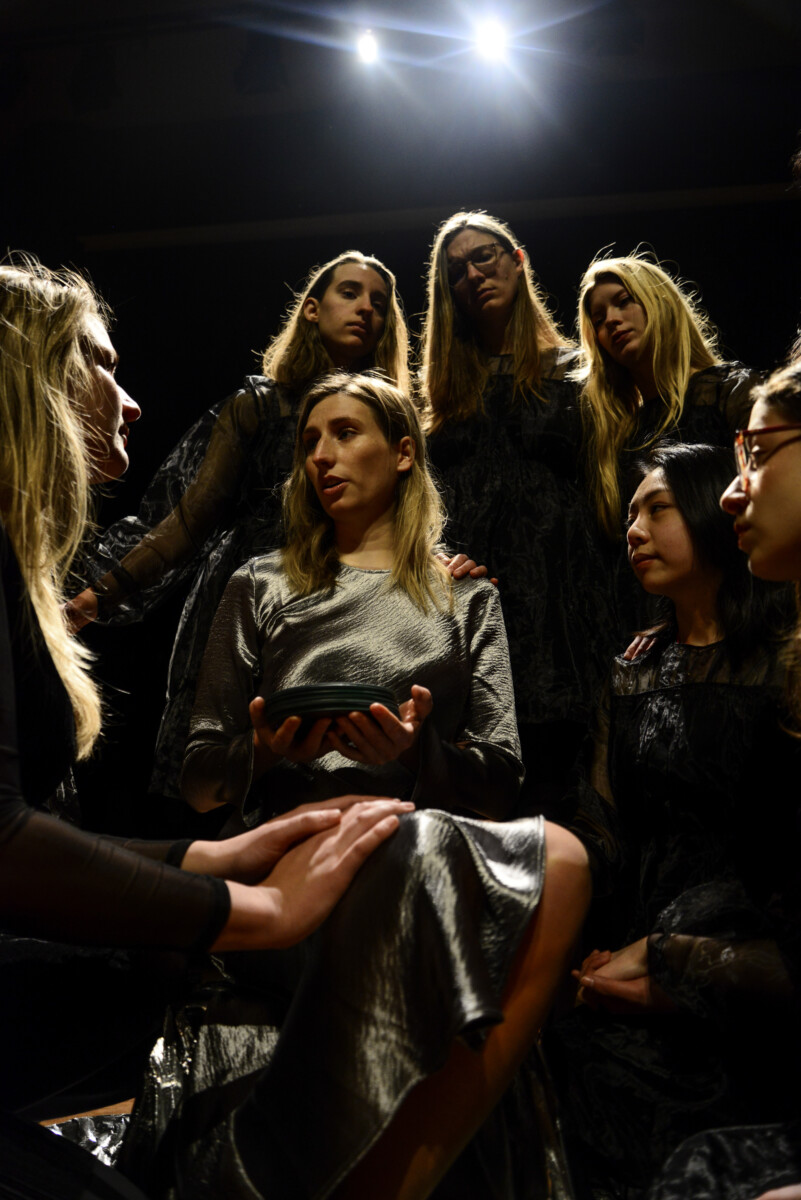
Title role as baptism of fire
As the past few years have not allowed any stage productions, Suor Angelica is a baptism of fire for soprano Louise Guenter in the field of opera. She has already performed in the choir of Le Rossignol and took part in the preparations for Serse (which was later cancelled), but this time she is stepping fully into the limelight (or shadow, see above). And immediately in the title role! Angelica is a beautiful work. Moreover, with a playing time of just under an hour, the emotional curve builds quickly. People tell me they never make it to the end without a tear. Of course, that has to do with those big lyrical lines typical of Puccini, and fortunately they suit my voice well.'
Guenter appreciates Gabriëls' directorial approach. 'Cleverly, I find that constant focus on the group of women,' she says, 'The group acts as a kind of micro society with all the interactions that go with it. The sisters are strong and yet tender at the same time. There is gossiping and teasing, but when it comes down to it, they support each other. Aïda gives us room to give our own interpretation of the characters. For instance, the visiting princess is often dismissed as evil incarnate. Judith Temmerman, however, who gives her form, tries to humanise the figure into someone who has been through a lot. In the confrontation, we look for the right tension together, not necessarily through actions, but through a certain energy and look.'
Text: Régis Dragonetti.





